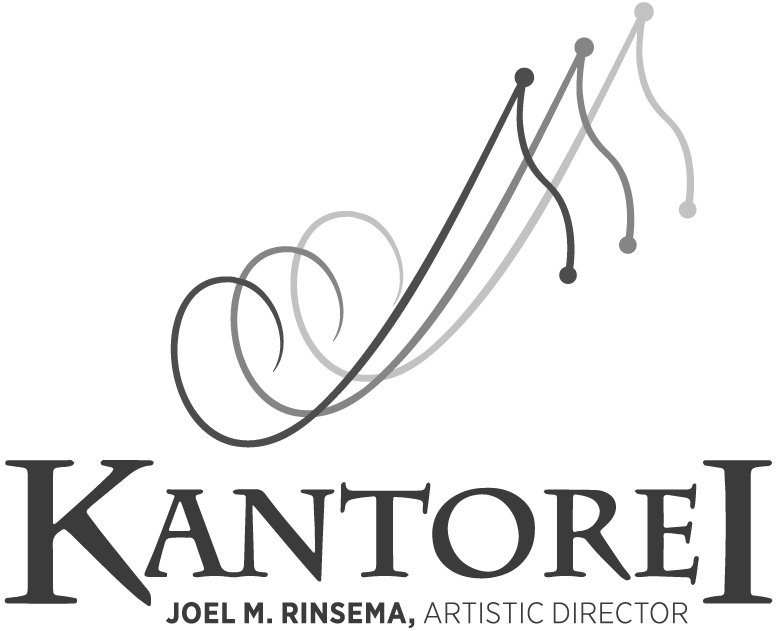Creative Notes from Christopher Tin
SONG OFFERINGS
Let My Country Awake (Gitanjali 35 and 36)
This Rhythm (Gitanjali 70 and 83)
Stream of Life (Gitanjali 69)
Only Thee (Gitanjali 38)
Joy (Gitanjali 55 and 58)
‘Song Offerings’ is a piece composed from a place of joy, and it asks little more than to share that joy with you.
The source of that joy is a collection of poems called ‘Gitanjali’, written by Nobel Prize-winning poet Rabindranath Tagore. Originally written in Bengali but translated into English by Tagore himself, it’s a collection of devotional poetry of the most beautiful order. Filled with praise for the divine, but non-specific to any deity or religion, it’s the purest and loveliest expression of faith that I’ve encountered; one that can speak to practitioners of all beliefs—and even to those who have no specific beliefs, but perhaps are gladdened by the sense of an abstract holiness. It’s a religious work without a religion, in a way.
I was drawn to ‘Gitanjali’ (which translates literally to ‘Song Offerings’) because of its universal expression of such a love for the divine. But in reading its verses, which dance across the lips with vigor and carefree rhythm, I had an epiphany. The true work of creation in ‘Gitanjali’ was not the poems themselves—it was the joy that comes from a love for the divine that Tagore had found within himself. His words, beautiful and expressive as they are, are simply a vessel to transmit that joy to the reader. The poems he wrote took no commission from that joy; they do not diffuse it with the rigidity of poetic forms, devices, or complex meanings. They are simply the purest manifestation of his joy, expressed in an every-person’s language.
As such, I felt that my role was to simply continue to transmit that joy without condition; in a wholly unfiltered, honest, and selfless manner.
In the same way that Tagore’s words were simply a vessel for his love, my notes are simply a vessel for his words. The singers who sing this work are in turn vessels for the notes, and the audience members are the ultimate recipients—not of a choral work setting some beautiful devotional poetry—but the essence of that poetry itself, which is the purest form of joy itself. And all of us—from poet to composer, singer to audience—are asked nothing more than to open ourselves as recipients to that joy.
Join us on October 5 & 6 for Transfigurations: Chora Music of Christopher Tin

